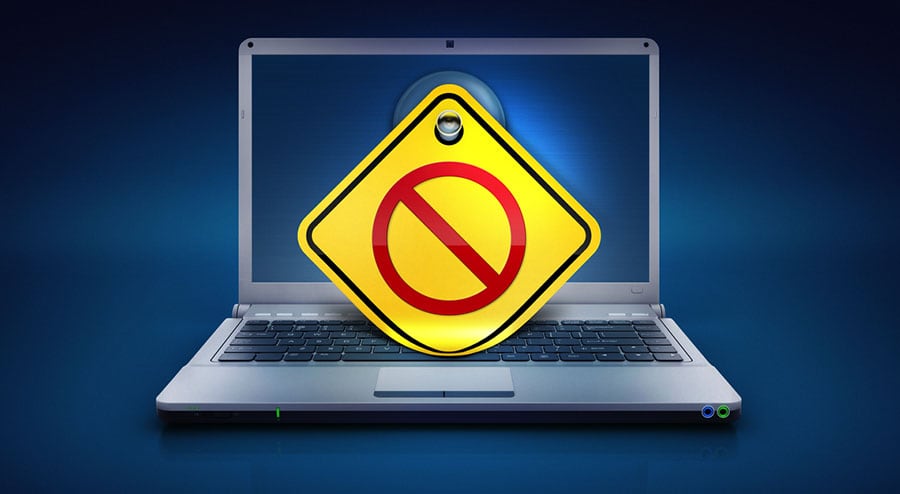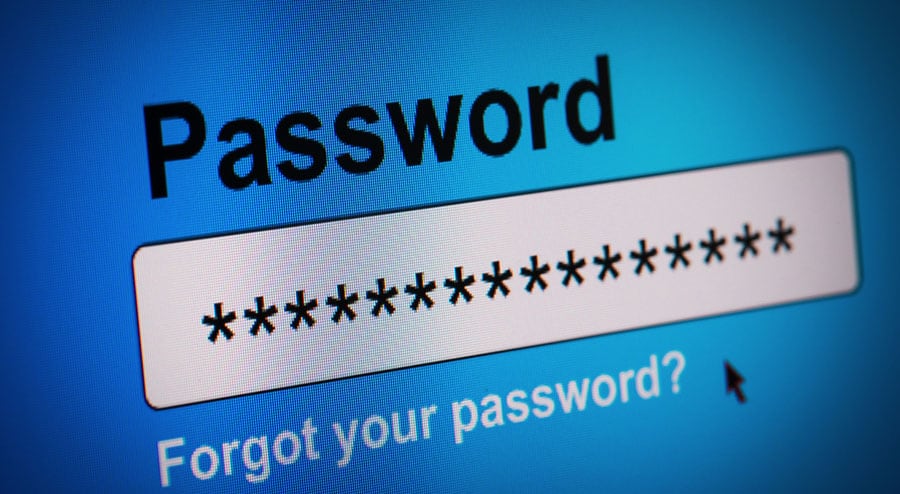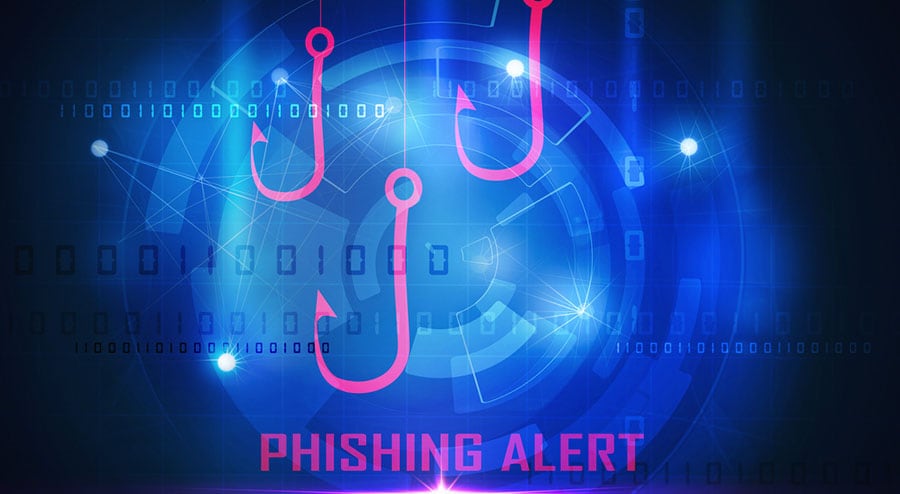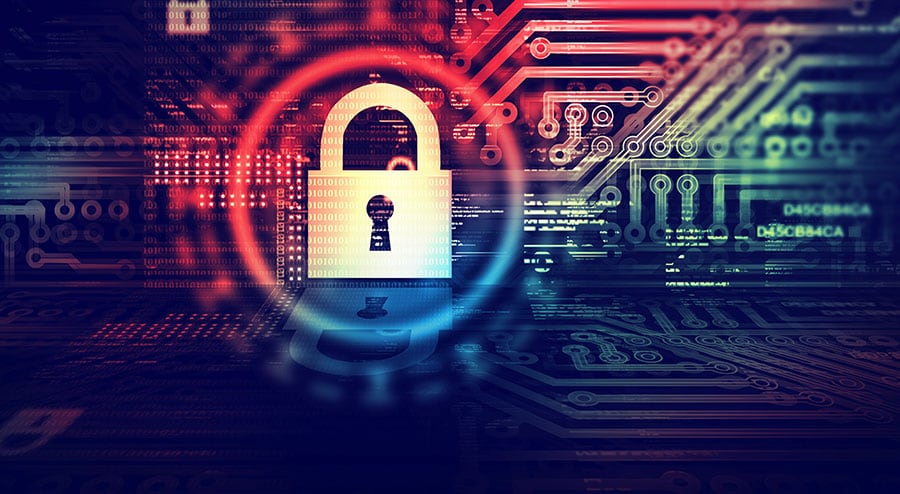The Internet is a way of life for kids these days from homework to staying in touch with friends. The Internet is a great way for children to learn but, as parents, how can you keep your kids safe? The threats online are real though and range from cyberbullying and other dangers from individuals that pose a serious risk to your child’s safety.
We have put this guide together so that your children enjoy online safety.
1. A Good Relationship

Having a good and open relationship with your child is key. Should they encounter any problems then you want them to come to you so that the matter can be dealt with. All too often, things can happen online and your child stays silent which has been known to lead to heart-breaking tragedies such as suicide due to cyber bullies.
Having a good relationship takes time, so make time out of your busy schedule to spend time with your child. They should feel they can talk to you about anything, whether it is personal problems, schoolwork, health issues, problems at school, or problems online.
2. Appropriate Online Behavior

Cyberbullying is a real issue today. While children, in general, have a respect for others and bullying is no longer an issue ignored by schools or authorities, it is still an activity that children do take part in. The Internet is a platform where bullying is all too easy. The consequences of cyberbullying are real. About 10% of children affected by cyberbullying attempt suicide and tragically over 4,000 a year succeed.
Do not allow your child to be a cause of this growing problem by taking these steps:
- Supervise your child when they are online or have access to their accounts. This includes monitoring cell phones.
- If you do find evidence that your child has engaged in this type of bullying then take steps. Explain the consequences to your child in terms of the person being bullied and make them say the words they wrote out loud.
- Explain the consequences in terms of legalities and that your child could face charges of harassment.
- If your child repeats this behaviour after being warned then for the good of all, confiscate cell phones and devices until your child has learned to respect others.
3. Dangerous Places On The Internet

You should have an age-appropriate conversation with your child about their online use. Explain in terms that they can understand that there are things online that are not for children and may cause them to become upset. You can also take the following steps:
- Create a list of sites that your children are allowed to use and that you have mutually agreed with your child are fine to use.
- By clicking on Google Chrome you can take a look at your child’s Internet history. Block any sites that you do not want them to access in the future.
- You can use safety modes such as on YouTube which will filter out content that is not suitable for those under the age of 18.
4. Internet Usage

Millions of people all over the globe are addicted to the Internet. In adults, it can cause problems with relationships and at work. In children, it can cause problems with schoolwork and low grades as well as with peers. Take these steps to help your kids:
- Agree on an amount of time that your child can spend online after their homework is completed.
- Monitor the amount of time and the sites that your child visits.
- If you notice a change in your child’s behaviour that you suspect is due to the amount of time they have spent on the Internet or the sites they have visited, then address it sooner rather than later.
5. Password Safety

Password safety is not just an issue for kids. The majority of online users simply do not spend the time to make unique passwords for all sites and accounts. Most people have the same password for almost all of their sites. This poses an issue in terms of secure information. Take these steps to protect your child.
- Help them to make secure passwords with at least 12 characters.
- Help them store the passwords safely and educate them to never give out their password information to others.
6. Phishing Scams

While children are unlikely to have financial accounts of any real value, they can still fall for a phishing scam. One aim of phishing scams is to obtain personal information but they can also have the effect of your device becoming infected with viruses from malware. Once the device is damaged, it could be a costly exercise to fix which no doubt will fall to you. You can take the following steps to keep your kids and devices safe.
- Make sure your kids know not to open emails that look suspicious.
- Ensure that they know not to give out personal information such as bank details and passwords, etc.
- Teach them to report any suspect activity.
7. Dealing With Cyberbullying

It is estimated that, between one-third to one-half of children, have been affected by this type of bullying. It is unacceptable, it is criminal, it causes misery, and it takes the lives of otherwise happy, healthy children that would have gone on to have bright futures. With this kind of statistic, it makes sense to talk to your child on a regular basis to ensure they are not being affected. Take these steps to deal with the problem.
- Tell them that cyberbullying is wrong and if it is happening to them they should come to you straight away.
- Report the bullying to your Internet service provider and also to the social media provider connected with the offending accounts.
- It is likely the offending bullies are students at your child’s school so take the matter to the school principal so that further steps can be taken. Cyberbullying is often not just restricted to the Internet and is likely going on in classrooms and playgrounds additionally.
- Look out for any telltale signs of bullying which could include your child becoming withdrawn and their schoolwork being affected.
- Bullies get bored when there is no reaction, so teach your child to ignore the messages and to not issue responses online.
- You can take the matter to www.wiredsafety.com which is an organization that will work to uncover the identity of any anonymous bullies.
- If the matter is serious, you could contact your local police and take a civil or criminal approach to this behavior.
8. Online Forums and Social Media

Along with cyberbullying, one of the greatest risks for children online is, sadly, pedophiles that use the Internet with the aim of meeting up with your child. In a recent study, researchers found that an online predator could be talking to your child about sex within just two minutes and they could be arranging to meet your child in no more than 40 minutes.
With statistics like these, this is not an issue that parents can ignore when their children are using the Internet independently. Experts and law-enforcement officers agree that any child that is being allowed to use the Internet needs to have an age-appropriate conversation with an adult to make them aware of the dangers,
- In the same way that you teach a young child to not talk to or go with strangers, the very same thing applies to the Internet and it is not a difficult message to get across to any age of the child.
- Explain to older children that they must only speak to people they have actually met on accounts such as Facebook.
- Check their social media accounts and if you see any “friends” that you do not know ask your child about that individual.
- Educate your child to not have secrets and to be suspicious of people contacting them online that they do not know. A myth surrounding online predators is that they pose as children. Yes, some do, but often if their aim is to meet up with your child they lie about their age and on average say that they are five years younger than they actually are.
- Online predators are often overly polite and complimentary. They are looking to target a vulnerable child who can be easily groomed. Once again, educate your child.
- Report any suspicious activity to police. If you do nothing then while you may have protected your child, the offender will simply move on to the next child.
9. Consider What You Post

We have all possibly posted something that was not a great idea. This could lead to problems in the future perhaps with job applications or college admissions. Young people can post all kinds of things and not consider how it may affect their future such as photos of nights out and illicit behavior. Take these steps to avoid damage.
- Monitor posts and deal with any possibly damaging posts by explaining the potential consequences and asking them to delete it.
- If your child does not want to delete it, either delete it yourself or have the site delete it.
- Consider restricting your child’s access to the Internet until they have learned this important lesson.
10. Online Games and Apps

Kids love to play games online, but they can be addictive and are not the best use of your child’s time. While some games can have educational value, others are highly addictive and can take your child away from schoolwork and social interaction. These games, while free to download, can often have add-ons that you have to pay for and bills can easily be run up. Protect your child by taking the following steps:
- Monitor your child’s usage
- Block the ability to make purchases on devices and keep your credit card details secure
- Look out for telltale signs of your child being addicted to online games, such as isolation and falling school grades
We hope you found the guide useful and your child stays safe online.




